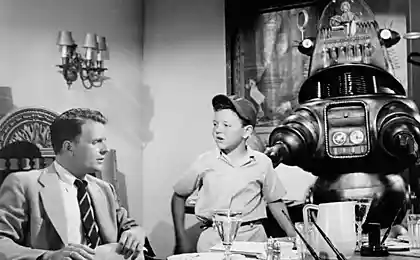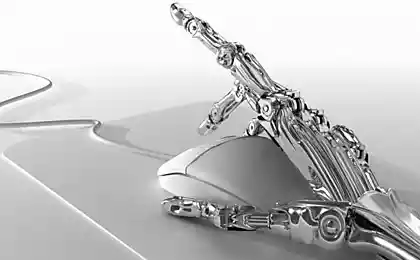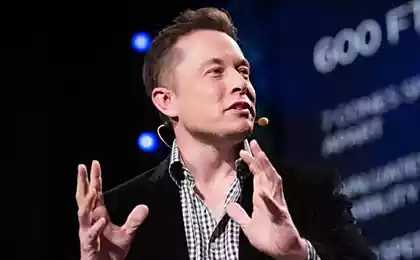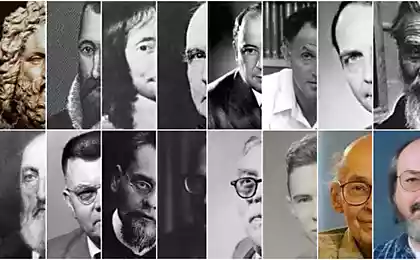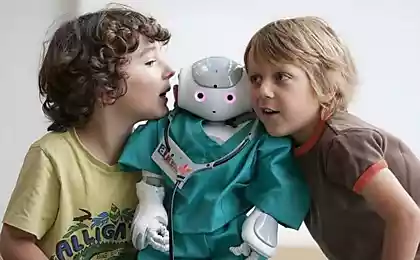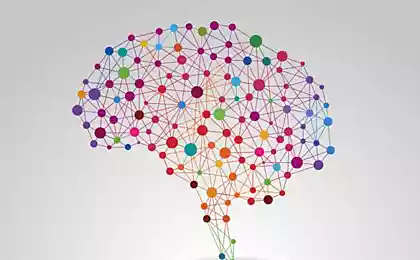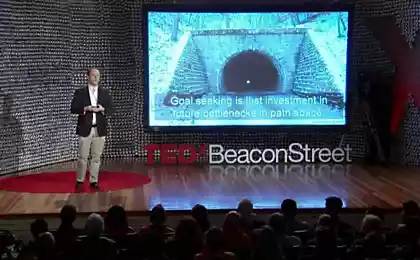696
Will computers ever really think?
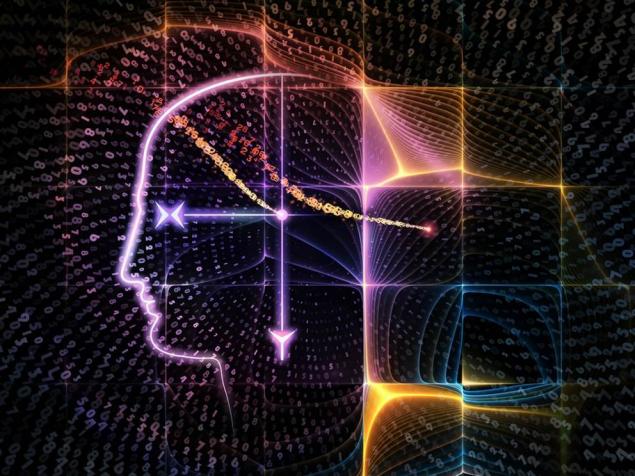
Thinking machines concept underlies the myriad of fantastic books and movies. Even in the more or less serious futuristic forecasts from time to time based on the assumption that we do not just create artificial life, but an artificial consciousness. And this perspective is fascinating. Of course, in their dreams of a priori thinking machines, we believe that their thinking will be built in the image of our own. With certain differences did not seem burdened body needs, emotions, and other difficulties associated with the biological being. But if you think about it, then there is no guarantee that the car will think we.
Did you ever asked the question, what is meant by the word "think"? Yes, on an intuitive level, we can become aware of their own thinking, the human, but what about the animals? Do chimpanzees think? A crow? Octopus?
For example, the alien intelligent life forms exist. It is likely that their minds will be so very different from our own, that we are not even able to recognize their reasonableness. Who knows, maybe the aliens were somewhere nearby, but because of the fundamental differences in mind did not even notice us. And we - them.
Of course, animals have cognitive abilities, different from ours, aimed at the use of tools, understanding of cause-and-effect relationships, communication with other beings, and even awareness of purposeful thinking of others. Probably to "thinking" should include all of these tasks. Imagine that we have managed to create a machine that has all the listed features, that is, in our opinion - I think. Then we will only have to praise yourself and lie down on the sofa with a sense of accomplishment. But if the machine stand on the step above, whether it be thought of as a person can be able to? And if it can, how do we know about this? Is focused on only one computer's behavior would be a mistake. If he would act as if he is able to think, it still would not mean that everything is true. Maybe it would be clever imitation, a kind of философского Zombie .
At one time the question - how to recognize the wisdom of the car - inspired by Alan Turing in the creation of his знаменитого Test , during which the computer communicates with the person via the text on the screen, and in most cases must convince a living source, it too is a human. For Turing all comes down to the behavior of the machine, and not to "internal digital life».
However, for someone this inner life is still important. The famous philosopher, Thomas Nagel in his article «Каково to be a bat? » expressed his point of view, consciousness is not identified with the brain. There is "something, something like" get experience conscious experience. That is, we have something which like to look at beautiful objects or engage in some business. Man - this is more than a set of states of the brain
.
But then you can ask the question: can there be a "something, something like" to be a thinking machine? Suppose we someday we will be able to create a reasonable computer. And if during the test Turing man asked, "Do you mind", the answer can get: "How I found out about it?"
.
?
The calculations - and nothing else h4> According to modern concepts, based on computer thinking should be based solely calculation: the number of operations per second and logical transitions. But we do not believe that thinking - or consciousness - is the derivative of computing power. At least under the conditions of use of binary computers. Could be thinking чем-то greater, than a set of algorithms? What else do we need? And if the whole thing is only in the calculations, why the human brain is not too strong, and this? After all, most of us are faced with difficulties when it is necessary to multiply in the mind of a couple of two-digit numbers, not to mention the more complex tasks. Or in our subconscious made some deep processing of the data, in the end expressed in the limitation of our conscious computing power (the argument in favor of the so-called «сильного AI »)?
Compared with computers, our ability to manipulate the raw data are worthless. But computers are very bad things such as language, poetry, voice recognition, interpretation of complex behavioral patterns and the formation of a comprehensive judgment.
If the ability of computers so different from ours, it can be expected that in the end they will be able to think like us? Perhaps in the future computers will find all the features of human thought in exchange for the deterioration of ability to arithmetic calculations?
On Faith, Doubt, and values h4> If computers really start to think as a man, then their minds will also be characterized by concepts like "faith" and "doubt". And that could mean for a computer "belief in something"? Of course, except for such a trivial situation, as the action without taking into account the probability of error? It will ever happen that the computer will begin to doubt sincere, but will overcome their doubts and still continue to operate?
is crucial notion of "value" to the human mind. It can be considered one of the fundamental, driving factors. What we are thinking at any given moment in time, and why we think about this? Will the computer intelligence to give the value of at least anything? And if so, what?
It would be great if you could build a computer that separates human values system. But we, in fact, themselves can not say for sure what it is, much less how to program the system. In addition, if the computers will be able to program themselves, they may come to mind that the values can be changed.
Considering how much effort and resources spent on the creation of artificial intelligence, now is the time to try to understand what we want to see a thinking computer. And for this, perhaps we should first try to understand ourselves.
Source: geektimes.ru/company/asus/blog/270940/
15 animals, which is 10 times touching seals
Scientists have found hundreds of galaxies, previously hidden behind the Milky Way
